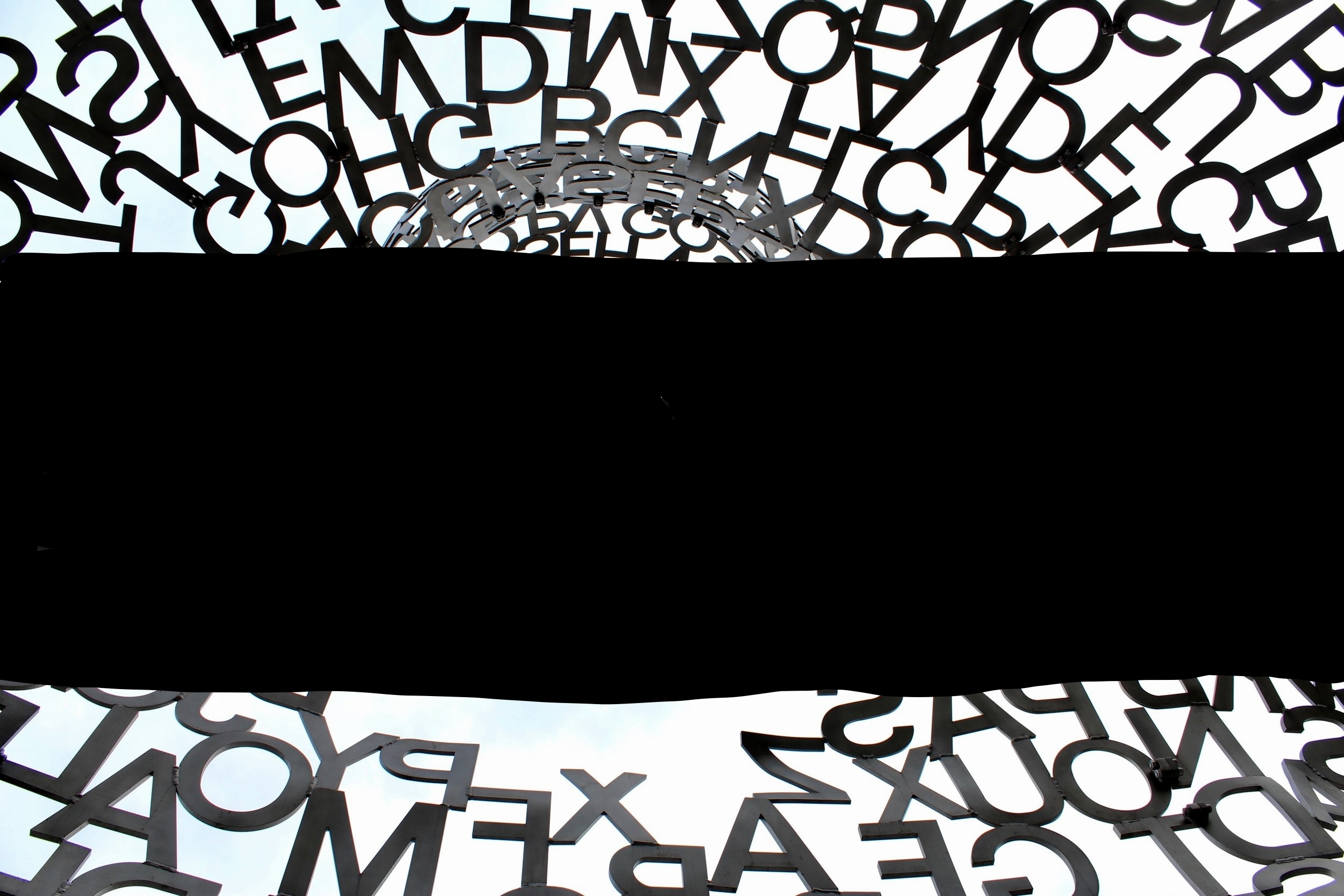Tag: multilingual ideologies
-

Ideologies of Language and the Beginning Language Class: Part 2
Last week, I discussed several popular methods of organizing beginning language classes under the overarching critique of focusing on either decontextualized sets of language or prioritizing transactions over social relationships. This week, I’m focusing on what I am interested in implementing in my classroom, drawing from both functional theories of language and translanguaging pedagogy. Language…
-

Translanguaging Pedagogy: Recognizing social practices in the classroom
In my last post, I discussed some practices where I think translanguaging pedagogy simply gives us a new mindset on practices that already occur in the language classroom (or at least in my classroom). In this post, I want to focus on an area of the language classroom where I think we could be more…
-

Translanguaging Pedagogy in the Language Classroom: A New Mindset?
As is most likely clear from previous posts on nation-state ideologies of language and the multilingual turn, I find the latter a more appealing ideology for my language classroom, especially when combined with functional approaches to linguistics, that emphasize what learners do with language in actual contexts. Yet, as usual, the challenge for combining theory…
-
What is language? The Multilingual Turn and Translanguaging Pedagogy
The “Multilingual Turn” is a term used to critique the monolingual ideologies originating in the nation-state that have dominated research in Applied Linguistics and Second Language Acquisition in the U.S. Although multilingual ideologies of language have long existed in highly multilingual contexts, they have recently gained traction in critiques of the fields of Second Language…